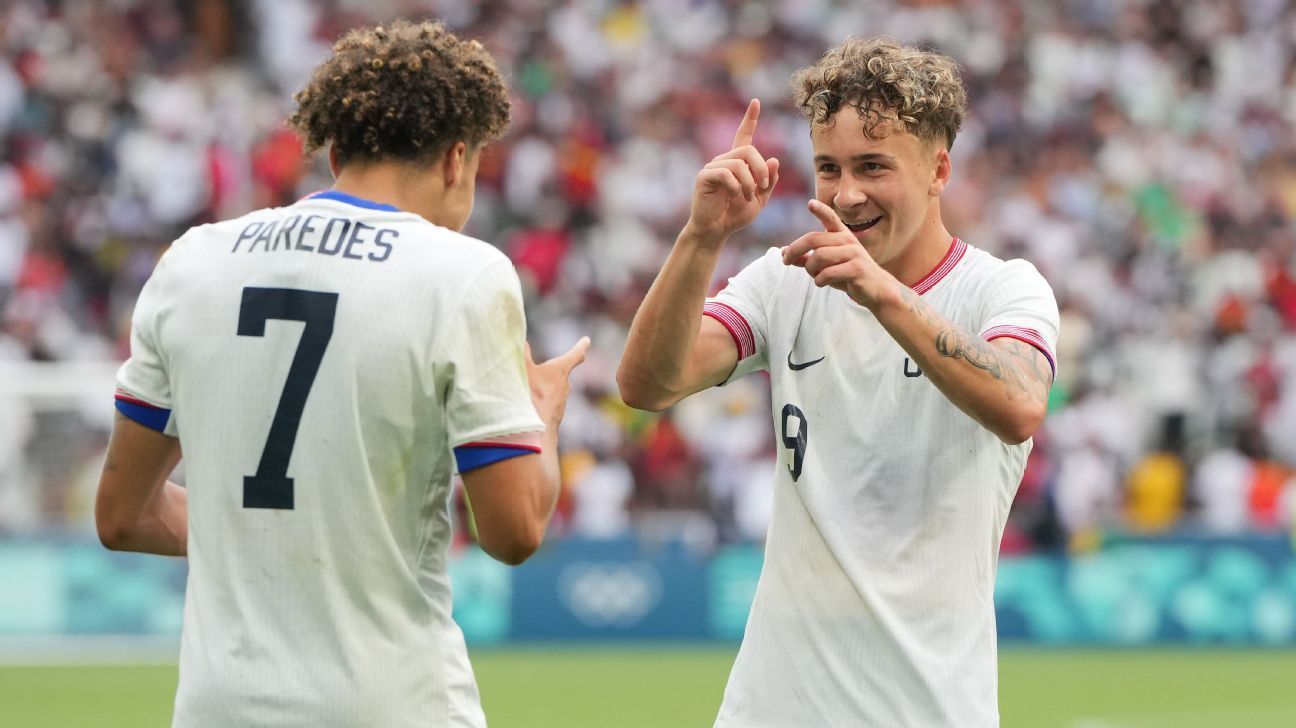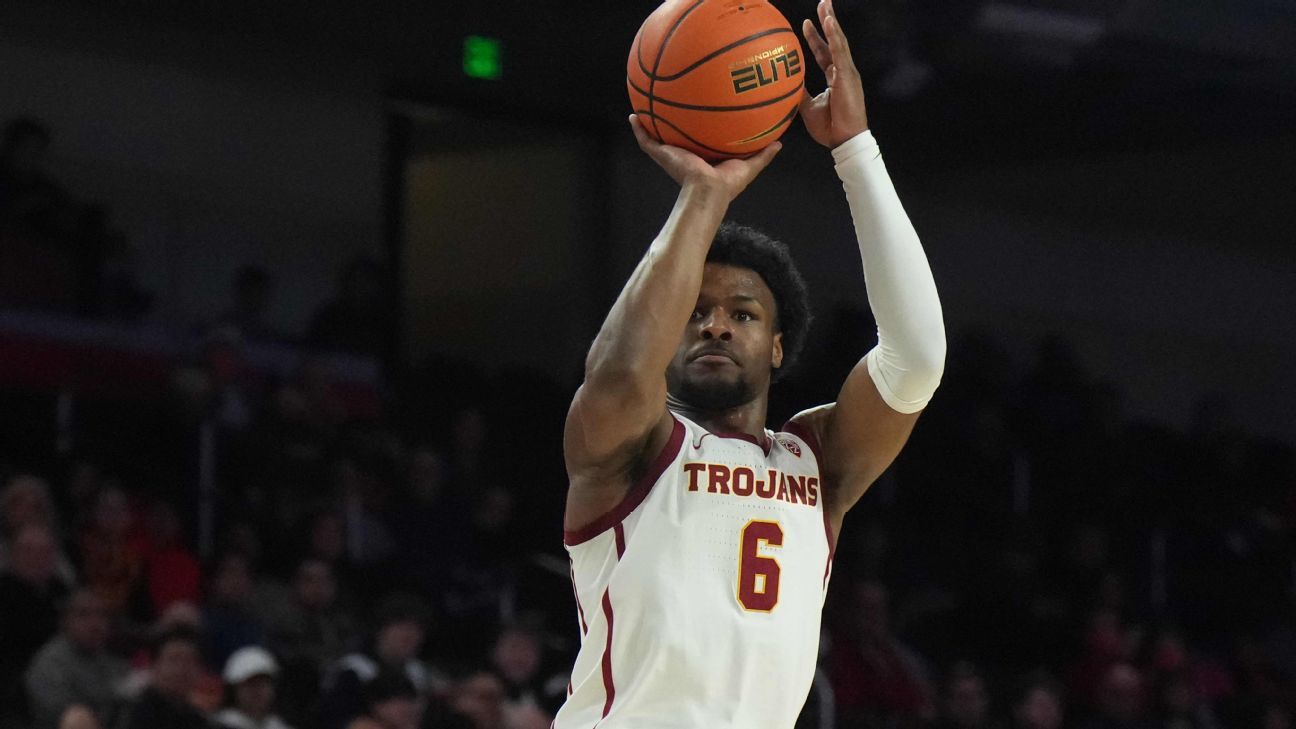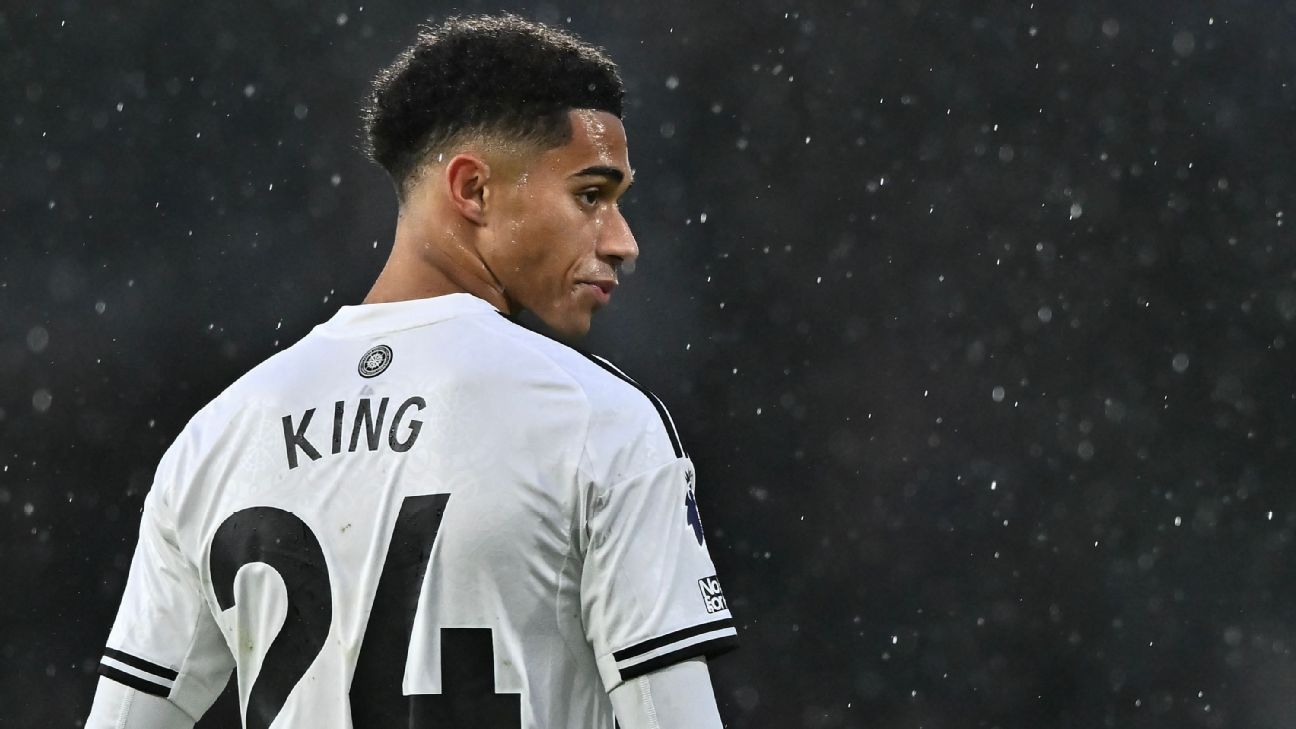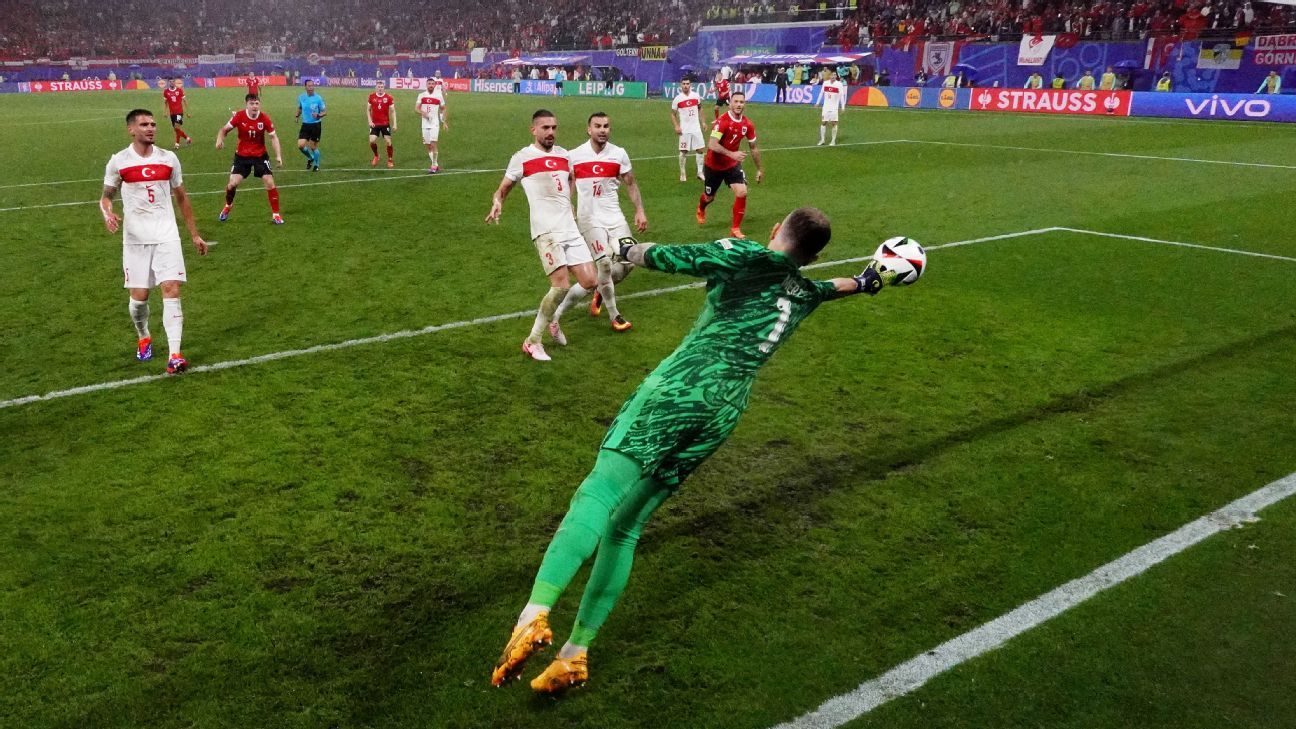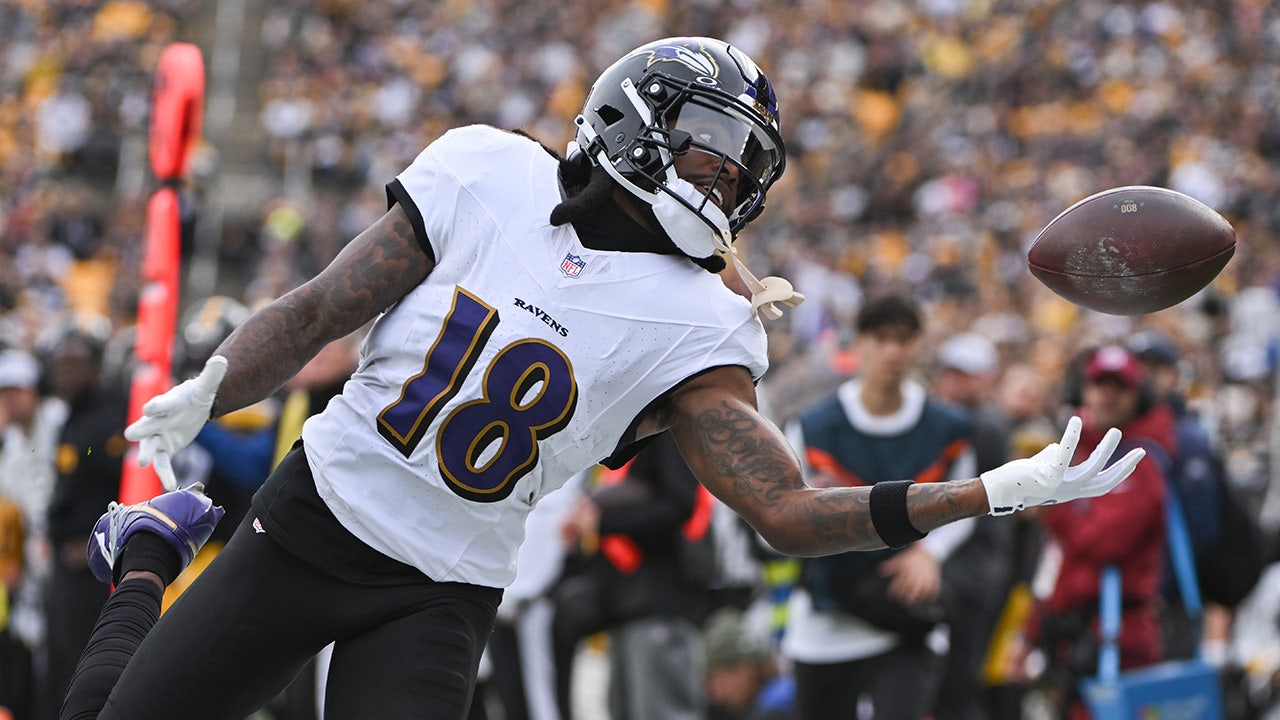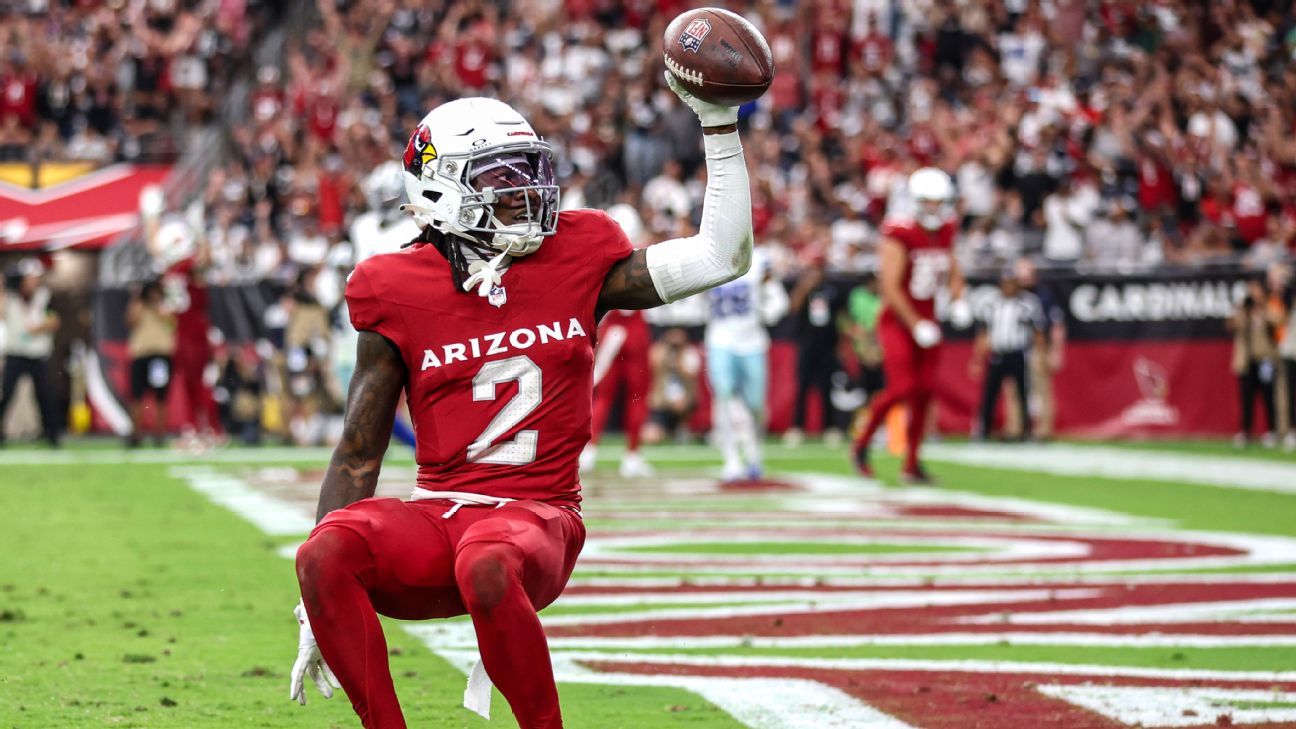SAINT-ÉTIENNE, France — In the 42nd minute Tuesday night, Kevin Paredes took the ball on the right side, slipped past a defender to get to the byline and then curled the ball toward the center, where Griffin Yow had spun across the field to meet it. Yow took a first-time shot that beat the Guinean goalkeeper but lowered his head as the ball hit the post and went out of play.
It was a missed opportunity, but within seconds, Yow looked up and made eye contact with Paredes, who was moving his hands in a circle as if to say, “Keep it up and we'll do it again.”
That notion — that there’s always another move, another opportunity, another forward push in sight — has been the most entertaining part of this U.S. men’s Olympic team’s performance so far. And after a summer of disappointment and frustration on the part of the U.S. men’s national team, it might also be exactly what fans of the U.S. men’s national team are craving.
Now, are most of the players on this team rookies? Of course. And are the Olympics on the same level as the Copa America? Clearly not. This is a mostly under-23 tournament in the men's category, with less importance than top-level international events.
But it's still the Olympics. There are still important games being played. And after beating Guinea 3-0, the Americans are in the quarterfinals looking for an Olympic medal, something American men have never accomplished in the modern era. Say what you will, that's still a piece of history that would give American fans a reason to be excited and joyous, two emotions that have been hard to come by recently.
Walker Zimmerman, one of three overage players on the team, was part of the U.S. national team’s inconsistent performance at the 2022 World Cup in Qatar, then watched many of his teammates flounder at the Copa America earlier this summer. As difficult as it has been, being part of this team — the first group of American men to make the Olympics since 2008 — has Zimmerman excited about what the American fan base might be thinking.
“This is the first step of what we came here to do,” Zimmerman said Tuesday. “But we hope the fans support us and continue to support us at home and we can give them something to be proud of.”
In winning two of its three group stage matches, the U.S. has shown its ability to be dynamic and versatile on the ball, playing directly at times but also maintaining possession and slowing down when the game demands it. Coach Marko Mitrović, who was an assistant with the Chicago Fire and Reading in the English Championship before joining U.S. Soccer as a youth national team coach in 2022, deserves credit for nailing it and allowing this group of young players to be creative.
France coach Thierry Henry praised Mitrović — and the American players — for their defensive shape and the way they contained the French for the first hour of the opening match, and then Mitrović tactically opened up the Americans for the second match, which they won 4-1 over New Zealand.
On Tuesday, after assessing Guinea's defensive tendencies, Mitrović inserted Yow and had him play in an attacking line with Paxten Aaronson and Paredes, a lineup the coach said he hoped would give the U.S. plenty of opportunities to get in behind.
The move paid off as the U.S. bombarded the Guinean goal from the opening whistle, sending quick passes in all directions and getting shots off to keep control of the game. Everyone seemed to be in it, and Paredes scored the first of his two goals when, as expected, he managed to get behind the Guineans and sprint to receive a perfect pass from Aaronson before finishing under the keeper.
“I mean, sometimes these ideas are good, sometimes they work, sometimes they don't,” Mitrović said with a smile afterwards. “But today it worked and it was very good.”
Paredes has been, in many ways, the breakout star for the United States so far. The winger, who came up through the DC United system, left for Bundesliga side VfL Wolfsburg two years ago and has made 52 appearances for the German side since then. With three caps for the U.S. national team, he was in the running to make the Copa America squad but was left out, a decision that definitely stung.
Now, however, he is optimistic about what the Olympic team could accomplish and how this group could help change, even slightly, the perception of American soccer players, both outside and inside the United States.
“We're very happy to play together, we're very happy to have the ball, and in these last few games, it's really shown,” Paredes said. “Maybe some people don't see it, some people have other things to say, but after being in this kind of tournament and other camps, I see it all, and it's just a matter of moments.” [until] “This is really going to take off.”

